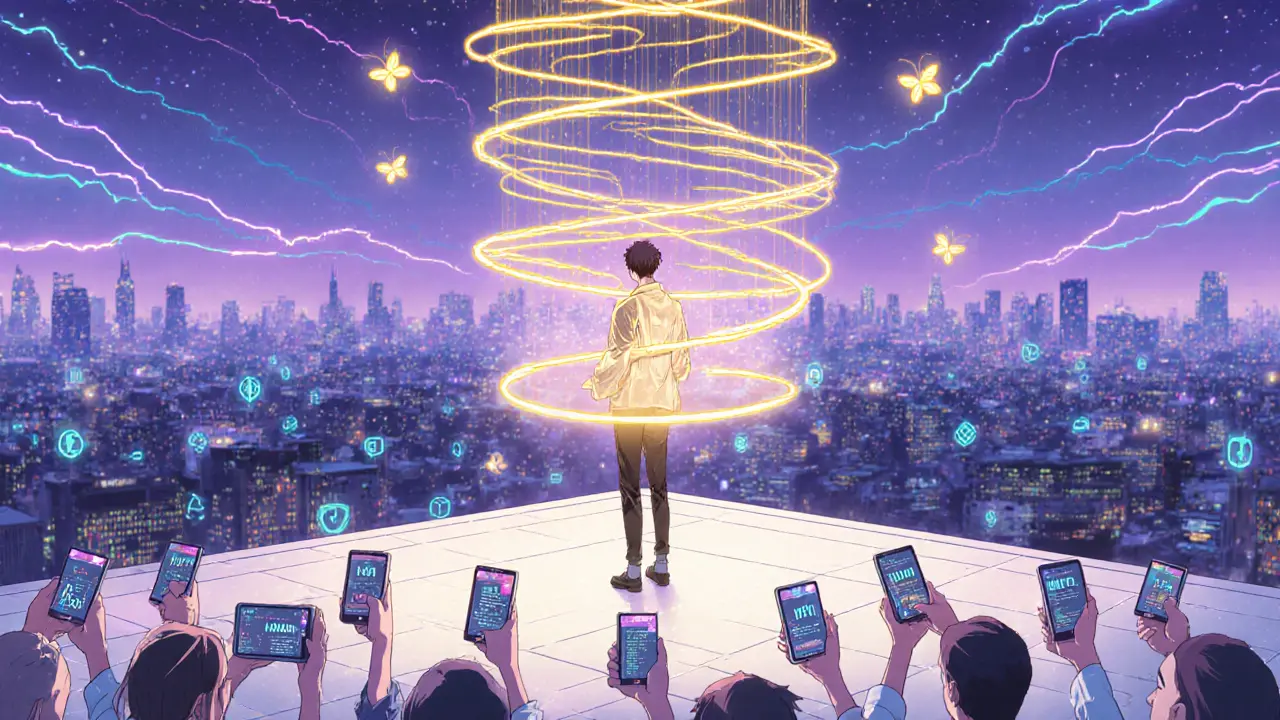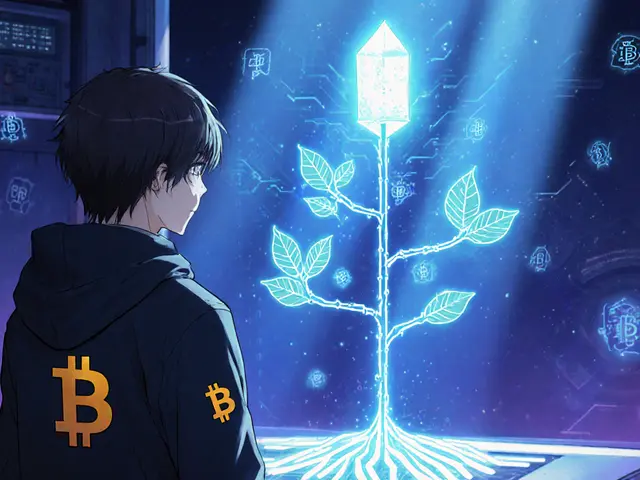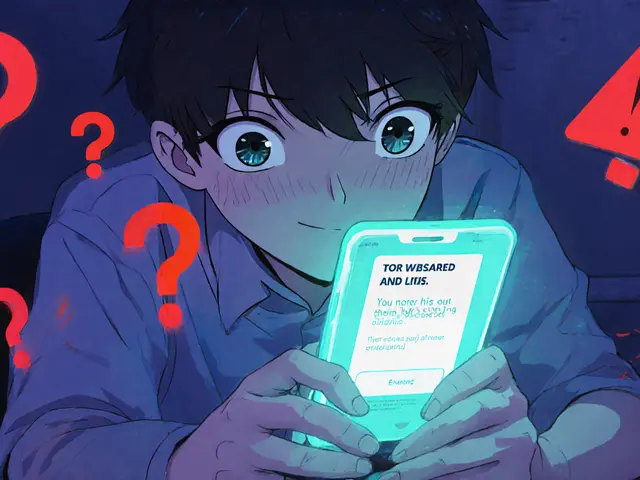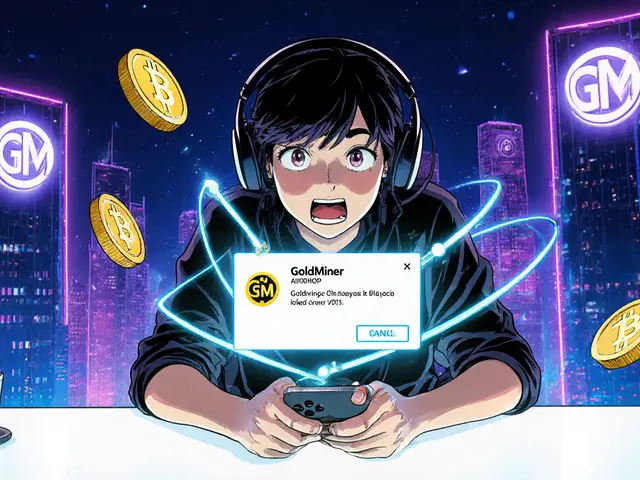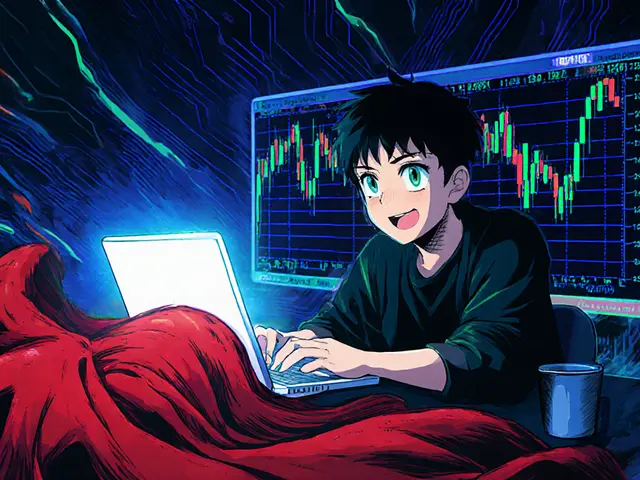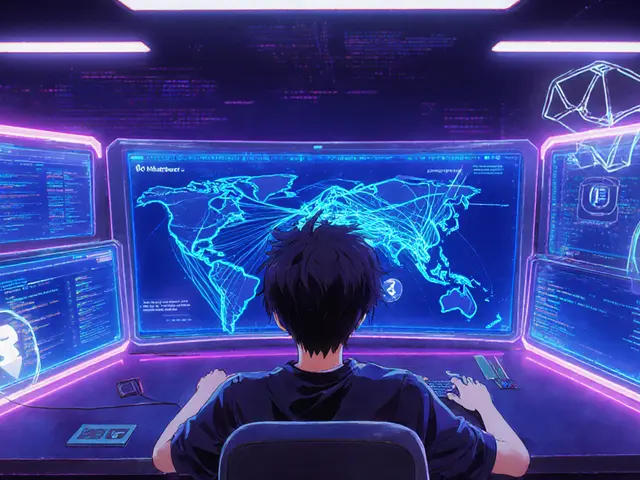Blockchain Content Ownership: Who Really Controls Your Digital Work?
When you create something online—a meme, a song, a video, even a tweet—blockchain content ownership, a system that uses decentralized ledgers to prove who created and controls digital assets. Also known as digital provenance, it lets creators track and claim rights without relying on middlemen like publishers or platforms. For years, if your work went viral on social media, you lost control. Someone reposted it. A brand used it. A platform made money off it. And you? You got nothing. Blockchain changes that by locking ownership to your wallet, not a company’s server.
This isn’t just about NFTs. It’s about smart contracts, self-executing code that automatically enforces rules like royalties, usage limits, or access rights. If you sell a digital painting, a smart contract can ensure you get 10% every time it’s resold—no lawyer needed. Platforms like Ethereum and Polygon make this possible. But here’s the catch: owning a token doesn’t always mean owning the copyright. Many people think buying an NFT means owning the art. It doesn’t. It means you own a digital receipt tied to it. True content ownership needs legal clarity, and most projects still skip that part.
That’s why NFTs, unique digital tokens that represent ownership of a specific asset on a blockchain are both powerful and confusing. They’re used for art, music, gaming items, even virtual real estate. But without clear terms, they’re just fancy collectibles. Real blockchain content ownership means you can prove you’re the original creator, control how your work is used, and get paid when others profit from it. That’s the goal. Most projects haven’t reached it yet.
You’ll find posts here that dig into exactly how this works—like how tokenized real estate turns property into digital shares, or how blockchain gaming lets you own in-game items as real assets. You’ll see how meme coins like SHIBAI have zero ownership structure, while platforms like Wombat let you hold NFTs from 400+ games. Some posts expose scams pretending to offer ownership, while others show real tools that give creators control. This isn’t theory. It’s happening right now, in messy, imperfect ways. Some creators are winning. Others are getting burned. The difference? Knowing what blockchain content ownership really means—and what it doesn’t.
Streaming rights as NFTs let creators sell verifiable access to content with automatic royalties. It’s not replacing Spotify, but it’s giving artists direct control and fair pay-no middlemen, no delays.
Read More
